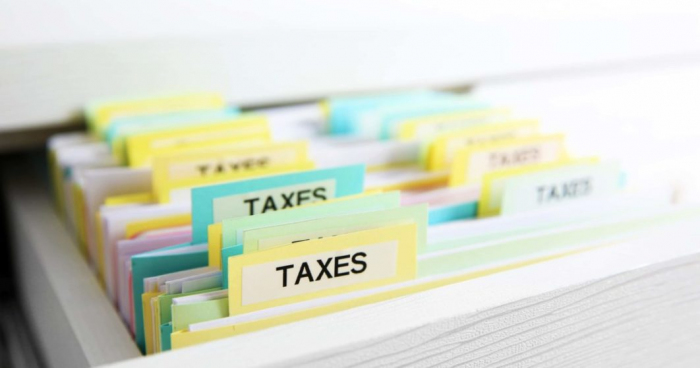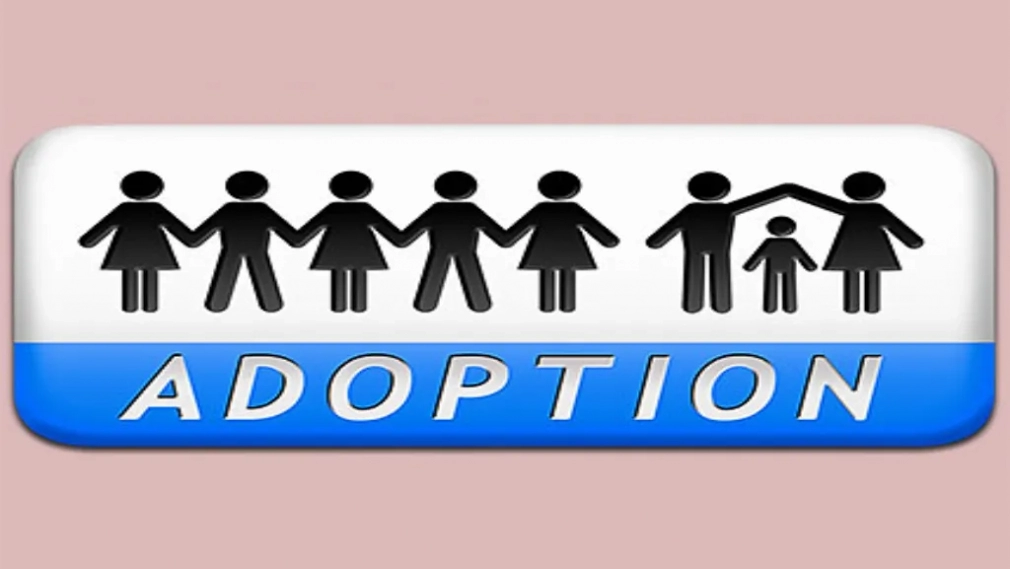KNOW THE LAW 10/07/2022
Personal Income Tax In Nigeria – What You Should Know

Personal Income Tax (PIT) is a statutory obligation imposed by the government on the incomes of individuals, communities and families, trustees or executors of any settlement. In Nigeria, PIT is guided by the Personal Income Tax Act Cap P8 LFN 2004 (as amended).
Although PIT is a federal obligation, it is mandatory that PIT is remitted to the Inland Revenue Service of the State in which they reside, irrespective of the institutions or bodies they work for which could be the federal, state or local governments or private organisations.
PIT remitted to Federal Inland Revenue Service (FIRS) only applies to staff of the Ministry of Foreign Affairs, other Nigerians and foreigners outside the country but earning income in Nigeria (non-residents), Police Officers, and Military Officers.
The two types of Personal Income Tax are:
- Pay-As-You-Earn (PAYE): This is a Scheme in which personal income taxes are deducted from the salaries or wages of the employee by the employer and remitted it to the relevant tax authority. The due date for remittance of PAYE is 10th day of every succeeding month. The deadline for filing returns for PAYE is the 31st of January of the succeeding year.
- Direct Assessment: This Scheme applies to self-employed individuals. The self-employed individual will without notice or demand, file a return of income earned in the preceding year and pay the requisite PIT to the relevant tax authority. The due date for filing returns and remittance is the 31st of March of every year.
According to section 3 of PITA 2004 the incomes chargeable to tax are
- Gain or profit from trade any trade, business, profession or vocation, for whatever period as long as trade, business, profession or vocation may have been carried on or exercised.
- Any salary, wage, fee, allowance or other gain or profit from employment including compensations, bonuses, premiums, benefits or other perquisites allowed, given or granted by any person to any temporary or permanent employee other than so much of any sums as or expenses incurred by him in the performance of his duties, and from which it is not intended that the employee should make any profit or gain.
- Gain or profit including any premium arising from a right granted to any other person for the use or occupation of any property.
- Dividend, interest or discount.
- Any pension, charge or annuity.
- Any profit or other payment not failing within paragraphs (a) to (e) inclusive of this subsection.
PIT is calculated using the graduated tax table/scale with rates ranging between 7% – 24%, depending on the amount of chargeable income. However, the maximum tax payable by any individual, regardless of the income, is 19.2% of such individual’s gross income.
An individual is entitled to a Consolidated Relief Allowance of N200,000 or 1% of gross income whichever is higher plus 20% of gross income. Individuals are subject to minimum tax of 1% of gross income where the income is less than N300,000 per annum.
PENALITIES
An employer shall file return of remunerations and tax deducted from the employees in the preceding year not later than 31st January of every year.
Any individual who fails to file a return shall be liable on conviction to a fine of N5,000 and a further sum of N100 for every day during which the failure continues or imprisonment of six (6) months or both.
Any employer who fails to file a return, shall be liable on conviction to a penalty of N500,000 for body corporate and N50,000 in the case of individual.



